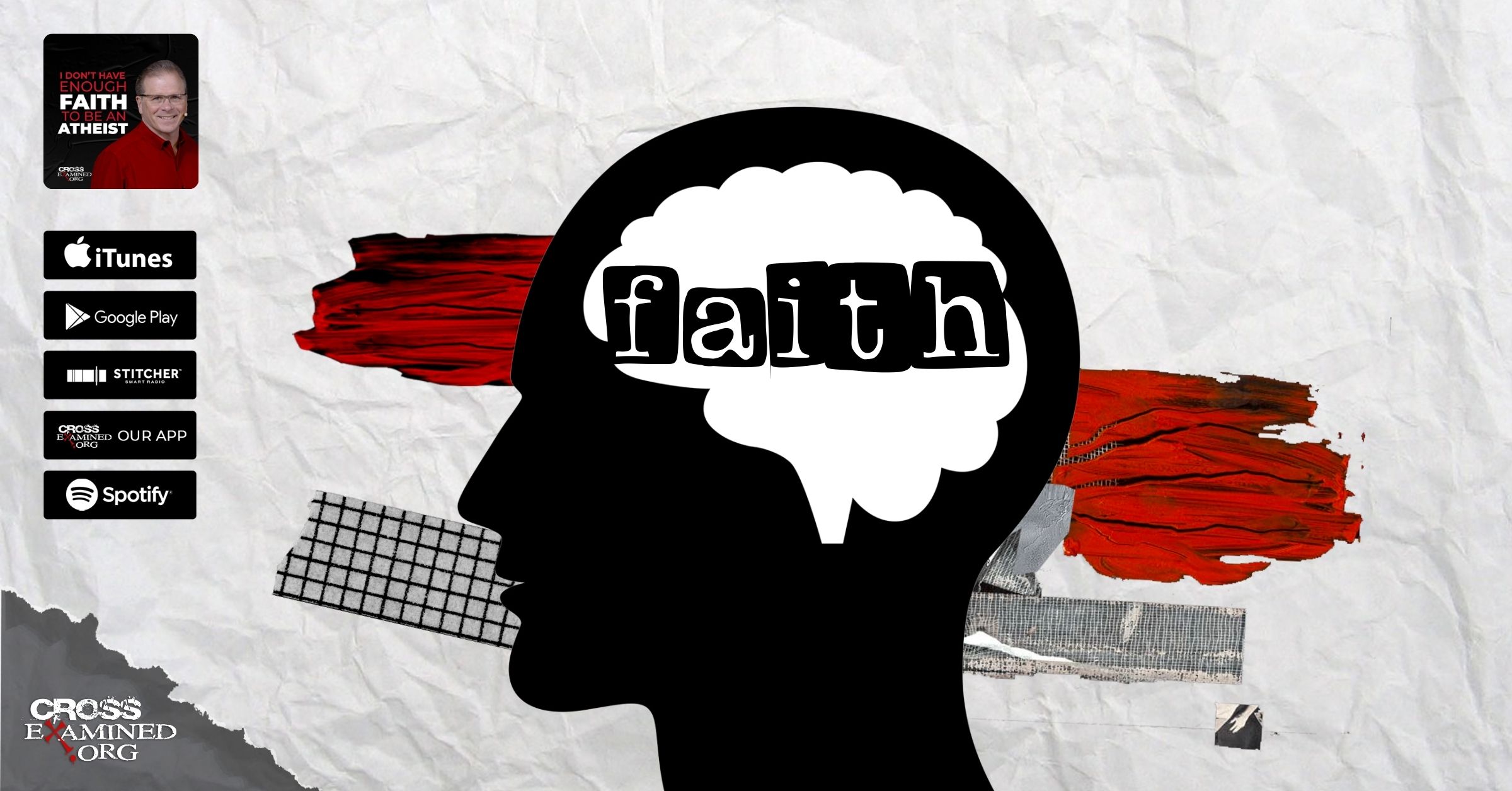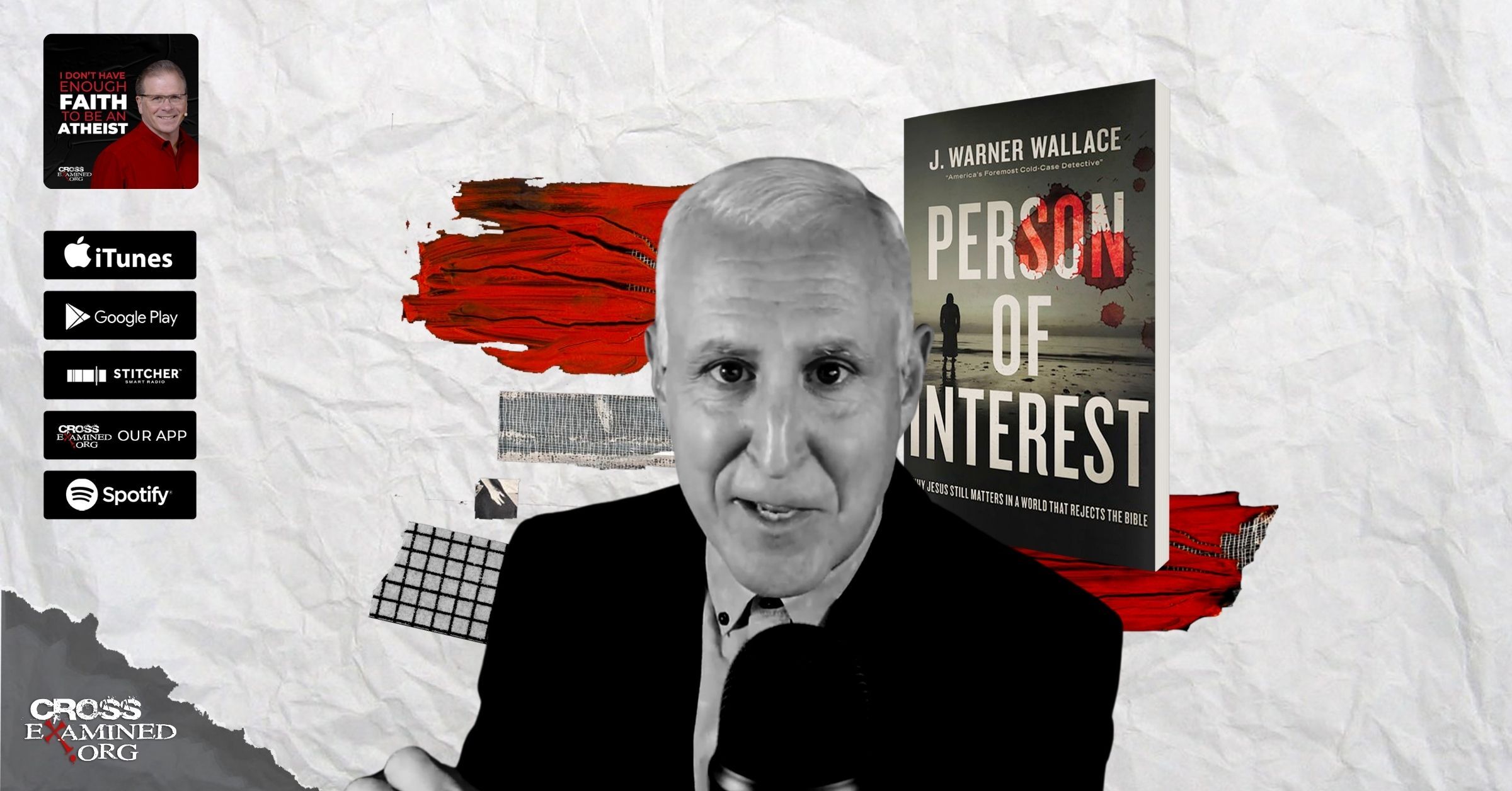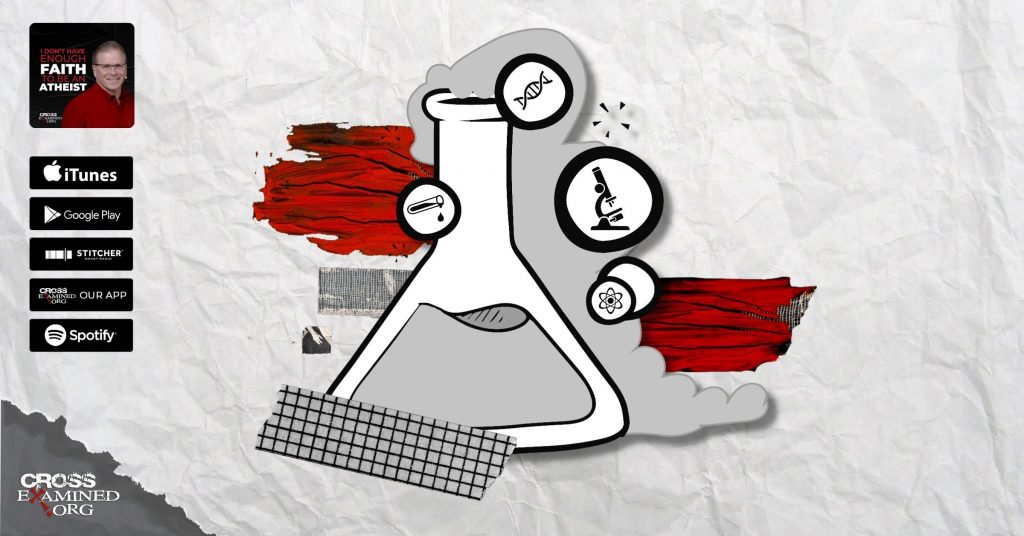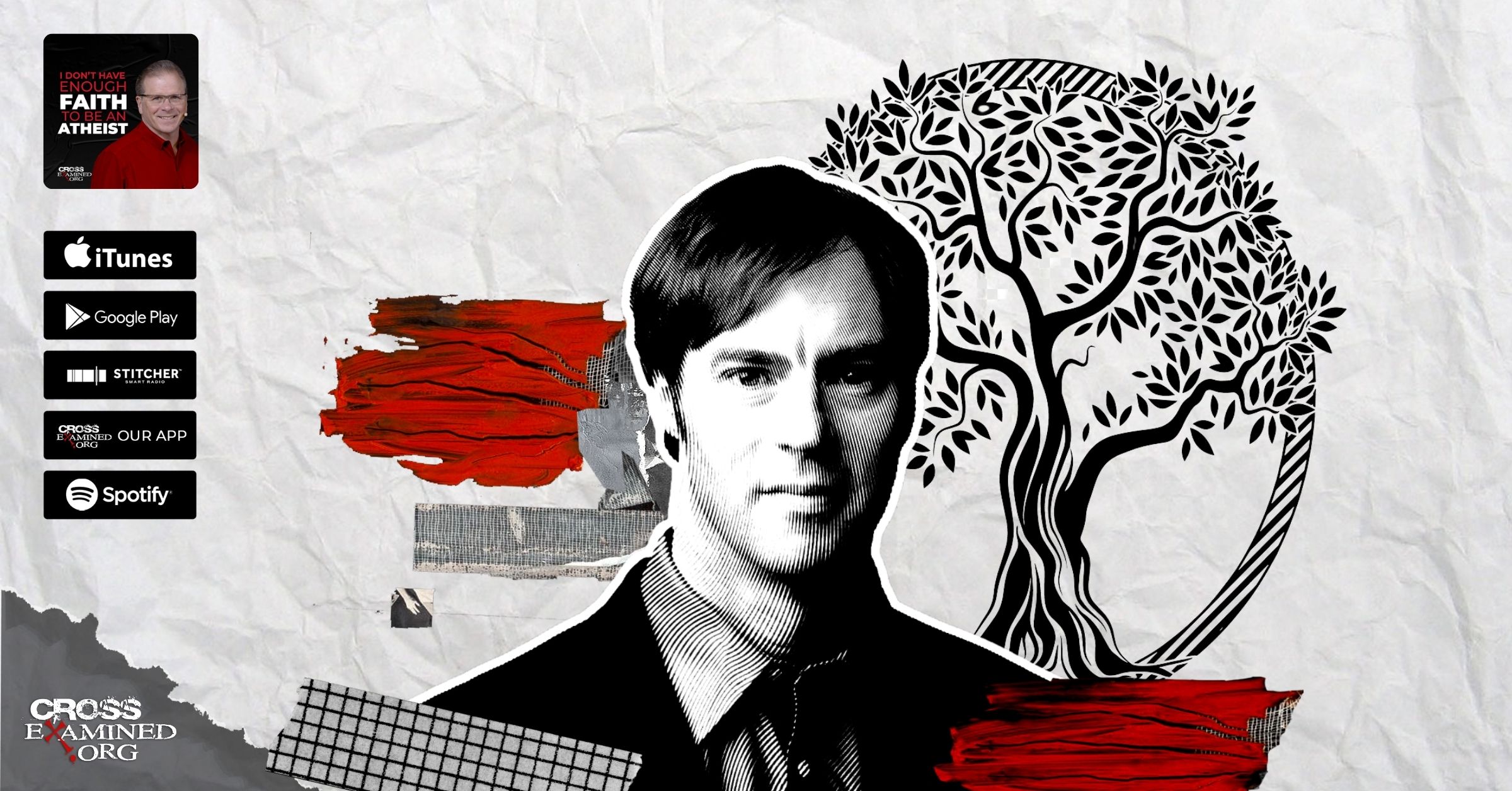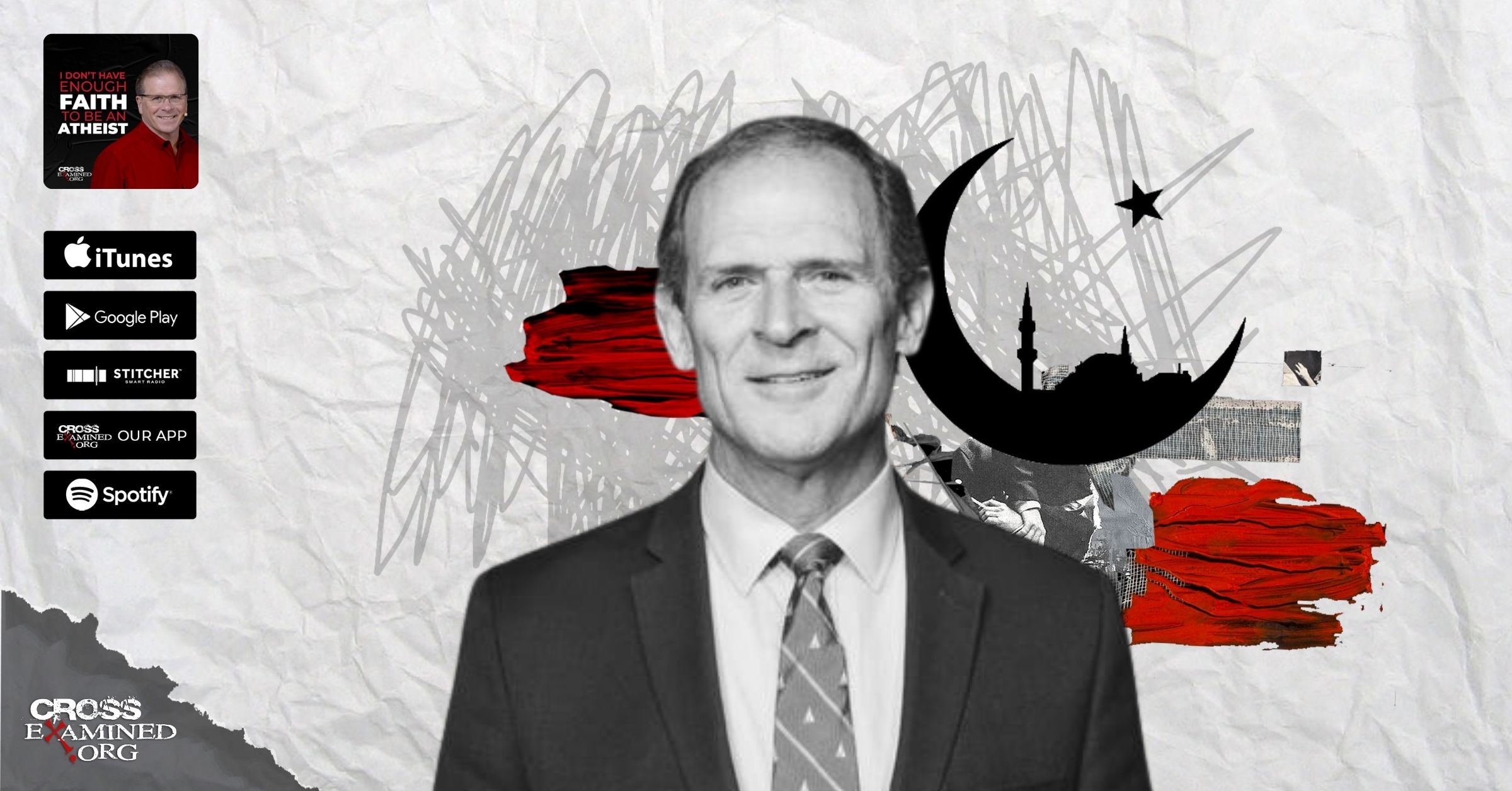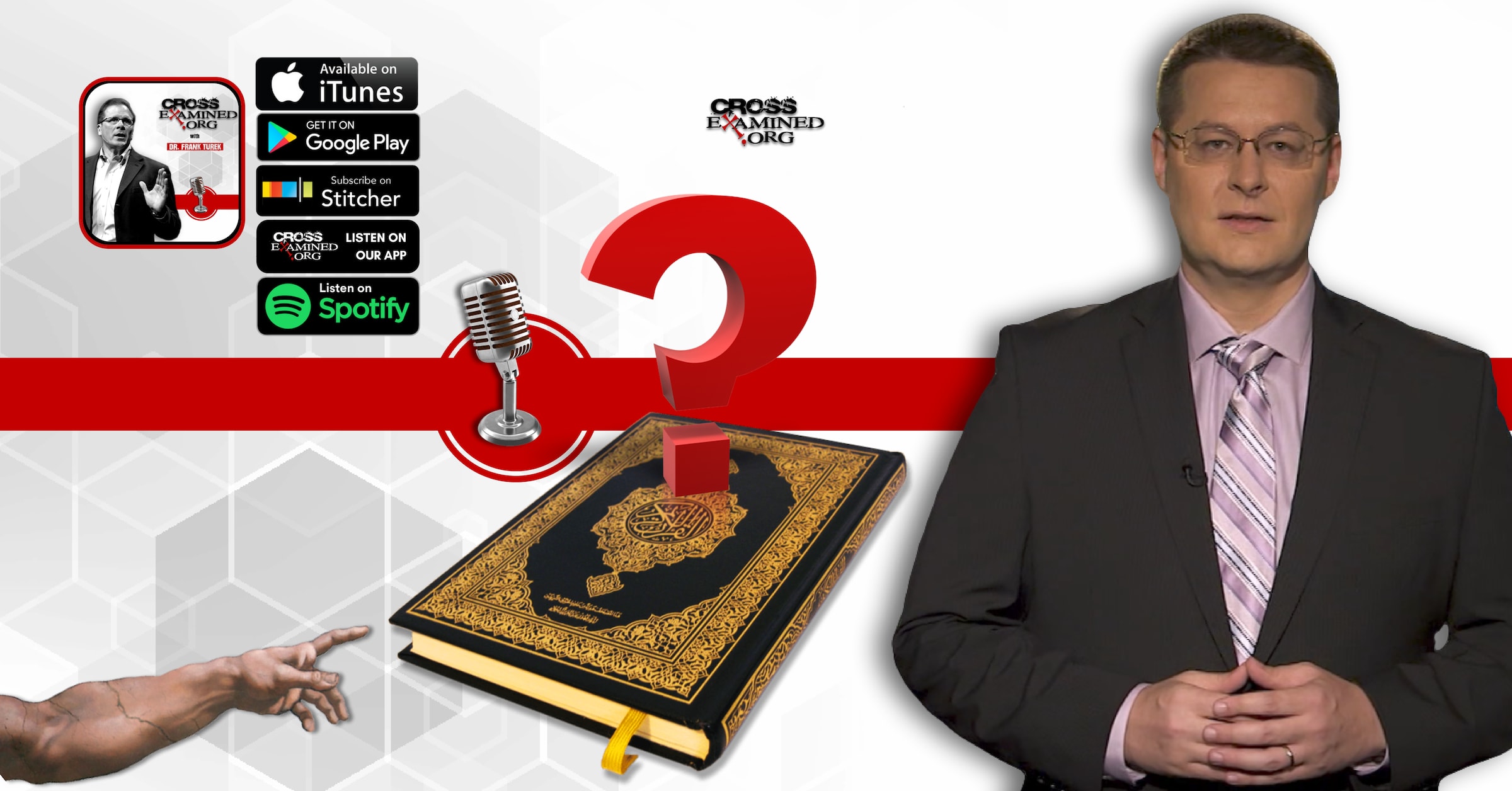By Tim Stratton
What religion or worldview possesses the “Ring of Truth?” It is definitely not Islam or atheism!
To be sure, this is not a deductive argument like the Kalam, Freethinking, or Ontological Arguments. I am simply encouraging readers to pay attention to their intuition. Although we cannot always trust our intuition, I contend that it is a great place to start when searching for the truth. Moreover, when one’s intuition is supported by a cumulative case of data, there is a good reason to continue trusting intuition.
With this in mind, consider the “Ring of Truth” to be frosting on top of a metaphysical cake already baked to perfection by a cumulative case supported by logic, science, and historical data:
The Kalam Cosmological Argument
The Leibnizian Cosmological Argument
The Moral Argument
The Teleological Argument
The Ontological Argument
The Evolutionary Argument Against Naturalism
The Freethinking Argument Against Naturalism
The Historical Argument for the Resurrection of Jesus (The Facts)
The Historical Argument for the Resurrection of Jesus (The Explanation)
With the cumulative case of evidence in mind, now consider three of the most popular worldviews on the planet: Islam, atheism, and Christianity. Next, consider what logically follows from each of these worldviews and examine them through your intuitive lens:
— If Islam is true, it is objectively good to kill infidels (non-Muslims).
— If atheism is true, it is neither objectively good or objectively bad to kill anyone.
— If Christianity is true, then it is objectively wrong, bad, and evil not to love everyone from your neighbor to your enemies.
What seems most likely or probably true? Which worldview has the “Ring of Truth?”
If you are not sure, consider the Muslim man who murdered 49 people of the LGBT+ community at The Pulse nightclub the summer of 2016 in Orlando, Florida. According to the teachings of Muhammad (Islam), this mass murder of homosexuals was good and the right thing to do.
In fact, according to the final commands of Muhammad, Muslims ought to kill all infidels and non-Muslims (Quran 2:191; 9:5; 9:73; 9:123)! Nabeel Qureshi, a former devout Muslim, explains why Islam is not a peaceful religion in a short video (click here).
Is atheism any better? Not really. According to logically consistent atheism, since God does not exist, then humanity was not created on purpose or for a specific purpose — we are nothing but a “happy accident” — nothing more than dust in the wind. If this is true, then it follows that there is no objective purpose in which humans ought to approximate. Thus, if atheism is true, there is nothing really wrong with anything!
Does that “ring” true?
According to logically consistent atheism, there was nothing really good or bad with the mass murder of homosexuals at the Pulse nightclub. Nor was there anything objectively wrong with the recent mass murder of fifty Muslims in New Zealand while worshipping at their mosque.
Moreover, if naturalism is true (a view held by many atheists), then humans do nothing but deterministically “dance to the music of their DNA” as the famous atheist Richard Dawkins contends. Thus, the Muslim who shot up the gay nightclub and the man who shot up the New Zealand mosque each had no moral choice in the matter. Do not blame guns or the shooter — blame physics and chemistry (imagine a ban on physics and chemistry)! If naturalistic atheism is true, then nature determined the slaughter of those in the Pulse nightclub and the New Zealand mosque.
The Christian worldview, as opposed to Islam and atheism, “rings” true.
According to the Law of Christ (Christianity), as opposed to naturalistic atheism, we have a categorical ability to make real moral choices (Deuteronomy 30:10-20; 1 Corinthians 10:13). We possess the libertarian freedom to make objectively good choices… or objectively evil choices. Moreover, according to the teachings of Jesus, it is objectively wrong to murder or persecute homosexuals, Muslims, or anyone else!
The apostle Paul echoes the commands of Jesus in Romans 12:18:
18 If it is possible, as far as it depends on you, live at peace with everyone.
Paul was the first one to preach “COEXIST.” However, Muhammad disagrees, and consistent atheism/naturalism is not only neutral on the matter, but also implies that we have no choice in the matter (since all that exists is matter).
Pay attention to intuition. As Gandalf would say, what worldview has the “ring of truth?”
I assume that the vast majority of those who are willing to answer honestly admit that Christianity at least seems to ring true (even if they do not want it to be true for some reason)! However, for those who continue to reject their intuition, Christians still have a cumulative case of logically deductive arguments that cannot be ignored (see the above list to get you started).
Christians stand on solid ground. We do not have to ignore logic or what is intuitively obvious. We ought to wear the “Ring of TRUTH” for all to see!
Stay reasonable (Isaiah 1:18),
Tim Stratton
Tim Stratton (The FreeThinking Theist) Tim pursued his undergraduate studies at the University of Nebraska-Kearney (B.A. 1997) and after working in full-time ministry for several years went on to attain his graduate degree from Biola University (M.A. 2014). Tim was recently accepted at North West University to pursue his Ph.D. in systematic theology with a focus on metaphysics.
Original Blog Source: http://bit.ly/2X2YuCZ


